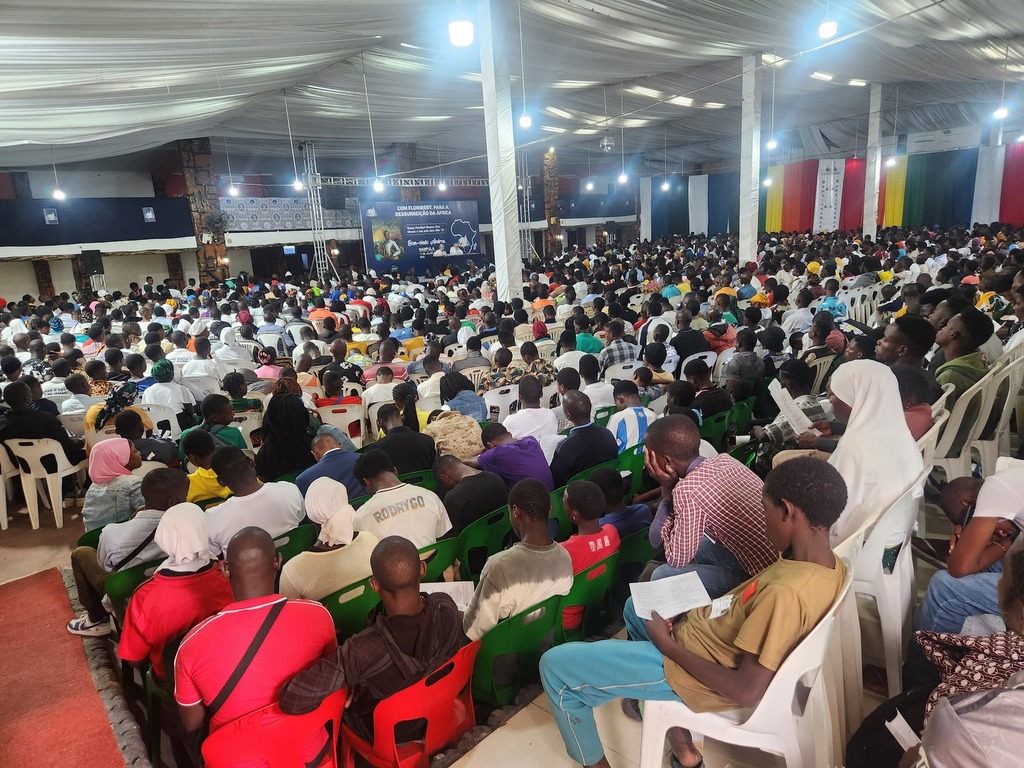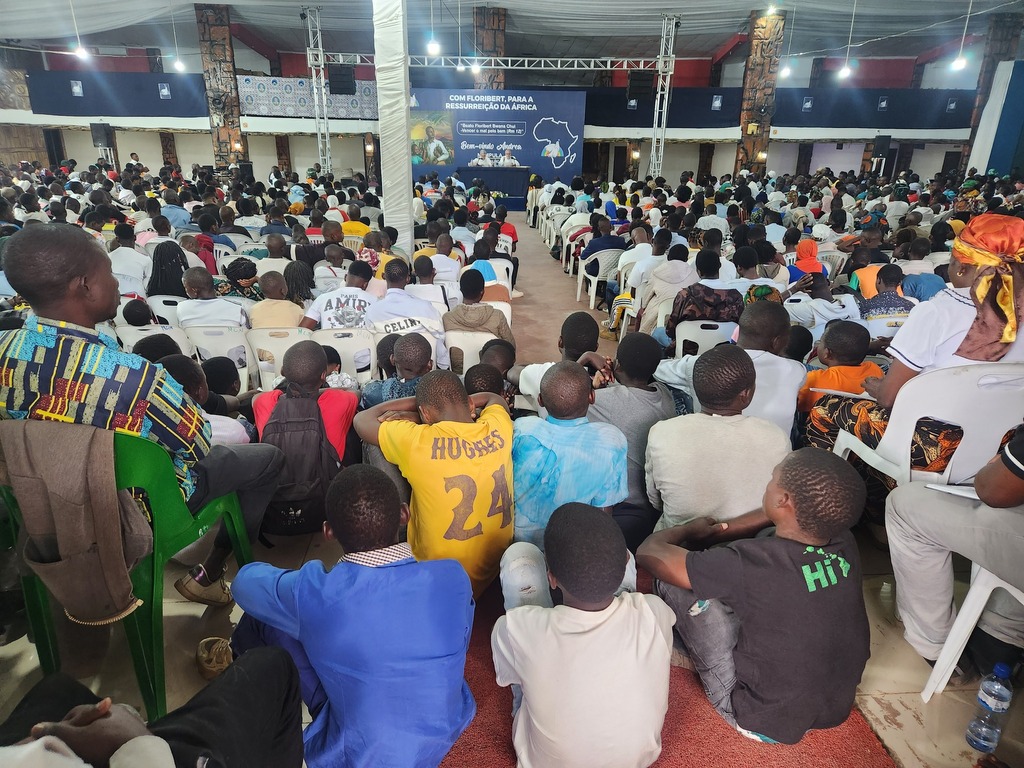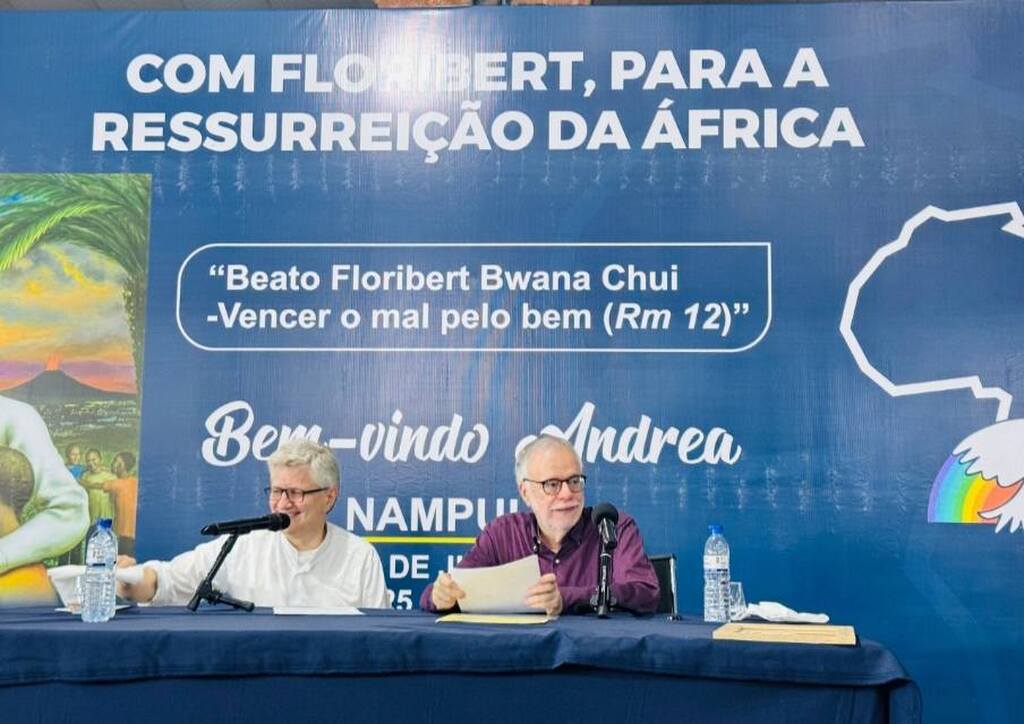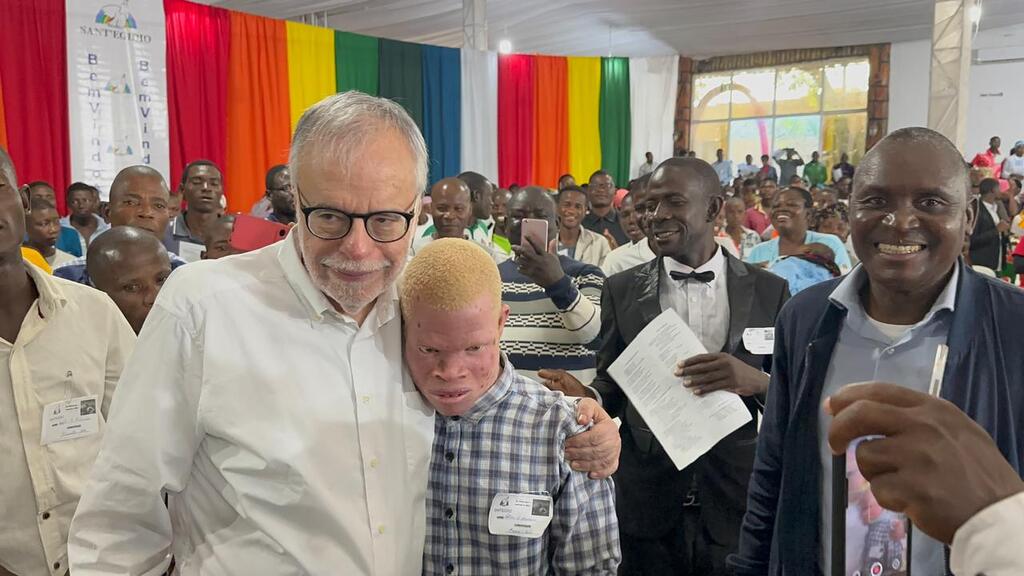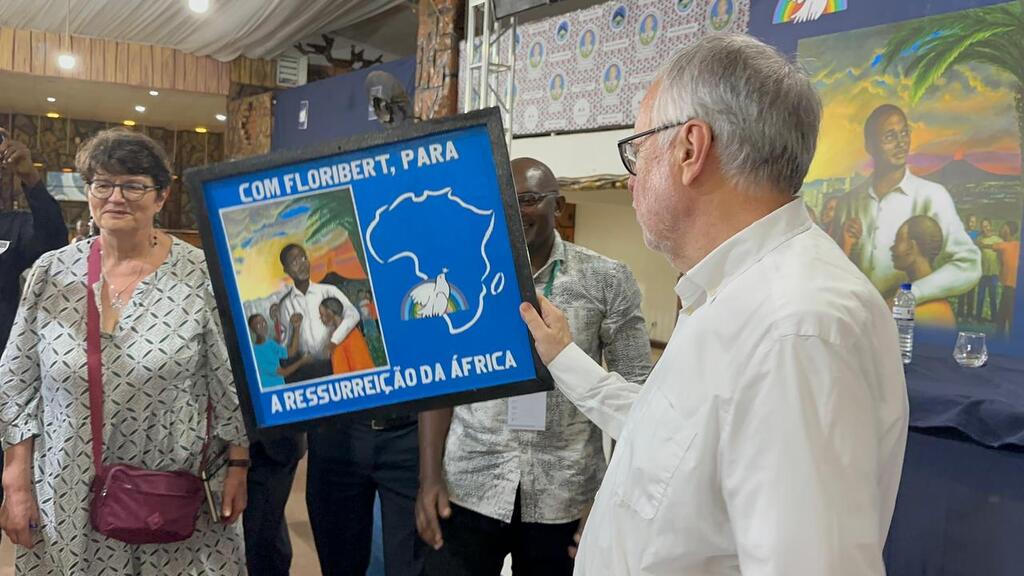On Sunday 13 July two large assemblies – the Communities of the region and the city with a total of more than 2,300 people – welcomed Andrea Riccardi on his visit to Mozambique in Nampula.
The region of Nampula, with its large Muslim population, is the most populous in the country. The Communities of Sant'Egidio are more than 50, spread across cities, villages and even small towns.
Two messages in particular emerged from this day of assemblies. The first was that everyone is keeper of their brother, starting with the poorest, such as the elderly and street children.
The participants spoke also about lot about Nelito, a young adult from the Community in a village of 5,000 inhabitants. There has been no news of him since he was kidnapped from his home in the days after Christmas by unidentified persons. The Community has not given up hope and continues to search for him. Andrea Riccardi met with his wife and four children.
|
|
|
The second message, received with enthusiasm by many young people present, came from the martyr Floribert, who resisted the power of money and corruption.
About 1,600 people from the communities of the Nampula region (towns and villages) attended the morning assembly. The communities of the various neighbourhoods of Nampula gathered in the afternoon. More than 700 people took part, including young refugees from Cabo Delgado who had fled terrorist attacks. Thanks to a project run by the Community, they received a scholarship to attend vocational courses.
‘The Community has truly grown like a tree that bears much fruit,’ said Andrea Riccardi, encouraging everyone to continue their commitment to the poor.
Also in Nampula, a conference of representatives of all the Communities of Sant'Egidio in Mozambique opened on the theme ‘For the resurrection of Africa with Floribert’. It was a significant opportunity to analyse the current situation in the world - in a difficult period marked by many conflicts - and to reflect on the future of the Communities in the country so that the ‘time of force’ may be transformed into a ‘time of dialogue’.








.jpeg)
.jpeg)






